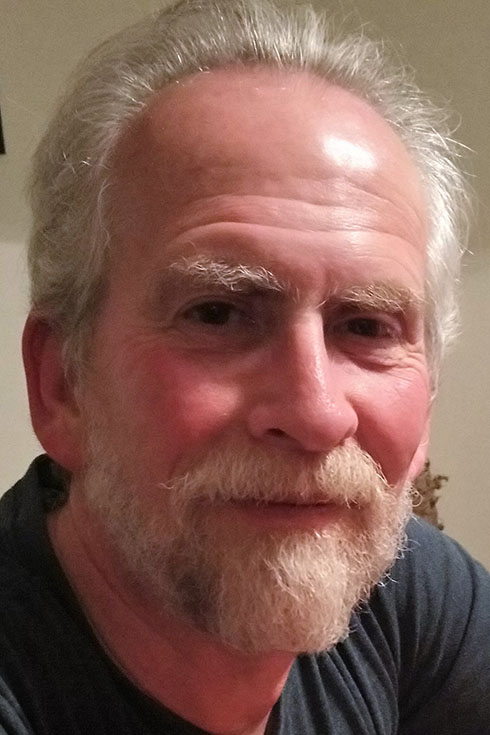George Franklin, PhD '98
Can you describe your career path and how it has led to your current work? 
My career path is a jumble, probably because there are a lot of things I try to do at the same time. My current work is writing poetry, practicing law, and when the Florida state prisons reopen to volunteers, teaching poetry workshops again to prisoners. The time I spent at Brandeis getting a PhD in English and American Literature was about trying to understand what I was already doing as a poet, to situate myself. Professors at Brandeis like Allen Grossman, Eugene Goodheart, and John Burt, who was my dissertation advisor and remains a close friend, encouraged me to read closely and apply the understandings and intuitions that came out of that reading to literary history. I think sometimes about what an enormous privilege it was to have the time to investigate questions that intrigued me, such as the relationship between skeptical or idealist philosophy and modern poetry. What I had at Brandeis was a conversation about literature that began when I arrived at Brandeis and actually still continues with John and with my friends who were also in the program, John Lavagnino, Stefan Gunther, Chris Loschen, and lots of others. All writers have an ideal reader, the other person in the conversation, and John Burt remains that reader for me.
What skills that you learned from your time at Brandeis have you found most valuable in your current work?
Close reading is the first skill that comes to mind. Whether I am reading a book of poetry, a novel, a contract, or statutes, paying attention to every aspect of the text at hand is the most important effort. Brandeis encouraged a kind of rigorous thinking and analysis that I try to use across the board.
What advice do you have for current students as they embark on their career exploration or job search?
I am really not the person to give anyone career advice. Our careers have a habit of choosing us, rather than the other way around. Before I came to Brandeis, I had done an MFA in Poetry at Columbia, and I was looking at a career teaching. After teaching at Boston University, I realized I loved to teach, but I did not love the economics and politics of the job market and tenure system. Law gave me the independence I wanted, but I missed both writing and teaching. Luckily, I became a founding board member and later general counsel for Exchange for Change, an organization that teaches writing to incarcerated persons in Florida, and I began teaching classes for them as well. This and other events in my life prompted me to write again and has led to four books of poetry.